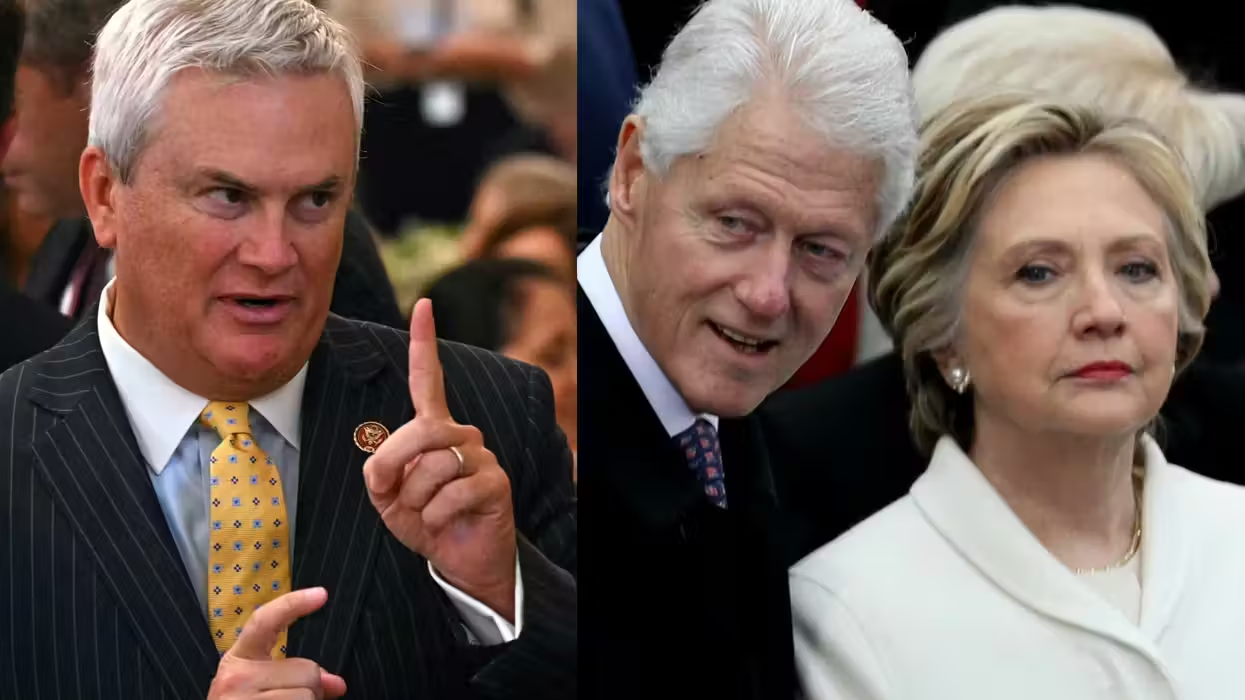In 1989, just as Soviet-style Communism was taking its last gasps on the world stage, political scientist Francis Fukuyama authored an essay entitled The End of History? in which he proclaimed that the world was witnessing the decisive and final triumph of what he termed the “Western idea.” Fukuyama wrote:
“[T]he century that began full of self-confidence in the ultimate triumph of Western liberal democracy seems at its close to be returning full circle to where it started: not to an “end of ideology” or a convergence between capitalism and socialism, as earlier predicted, but to an unabashed victory of economic and political liberalism.”
Fukuyama believed that fascism, socialism, and all forms of authoritarianism were receding, resulting, he argued, in a new age dominated by Western ideas. Essentially, all other systems of governments had been discredited by the undeniable strength and modernity created by the engine of capitalism. History, in a manner of speaking, had come to an end, crossing the finish line into a future of economic and political liberalism.
But was he right?
Shortly after September 11th 2001, George Will wrote that the attacks on the U.S. were evidence that history had “returned from vacation.” Unfortunately, the 11 years following those attacks seem to have vindicated Will, not Fukuyama.
There is an undeniable theme to the daily headlines around the world these days. Almost everywhere we turn, Western liberalism seems to be confronting new threats both from within and without. But what we are seeing is not just the emergence of new trends, but also a return of old patterns, some of which were prevalent prior to U.S. global hegemony. Let’s look at some of the hot spots.
Europe
The continent’s gambit of unifying their monetary system is cracking up right before our eyes. Having been seduced by the idea that tying their economies together would lead to political unity, the euro zone is quickly learning that they got it backwards and that without political unity economic unity was a pipe dream.
With the various national political systems reflecting disparate cultural values, there was bound to be an imbalance between those nations that create wealth and those who consume it. As any student of history knows, these diverging values have always made political unity difficult for Europe as evidenced by centuries if warfare. Now, tangled in a financial web created by high minded bureaucrats, we are watching as that disunity manifests itself not in another war, but in what could prove to be a cataclysmic collapse of a the world’s second largest reserve currency.
As the national systems erected under this monetary union become unsustainable, local populations are going to begin to look for scapegoats. As a result, the tribalism once thought extinguished by an enlightened post-WWII Europe is returning.
We are already seeing evidence of this tribalism in the mass protests in Greece, as an unelected European troika imposes strict austerity measures on the Greek people. Who’s to blame for the end to Greece’s generous public welfare and employment system? Those stingy self-centered Germans of course…well, if you ask the fifty thousand angry Greeks who greeted German Chancellor Angela Merkel’s visit to their country with Nazi flags and burning effigies, anyway.
Of course, Greece is not alone. Several other nations are facing looming debt crises as well, including Spain and Italy. Don’t worry though; there’ll be plenty of blame to go around.
Russia
The nation that was once illustrative of Fukuyama’s prediction has seen a slide back into authoritarianism in recent days. Since returning to the presidency for his third term, Vladamir Putin has rolled back the meager liberal reforms of his hand puppet Dmitry Medvediev that had included the decriminalization of slander, and corruption fighting measures for Russia’s state-run industries.
While Putin’s re-ascension was met by major street protests, his tough clampdowns show that the former KGB colonel won’t be suffering dissent lightly.
The Arab World
Question: What’s the only thing worse than unpopular Middle Eastern governments that espouse Islamic fundamentalism as their guiding principle? Answer: Popular Middle Eastern governments that espouse Islamic fundamentalism as their guiding principle.
The so-called Arab Spring was not a blow for liberalization as had been naively hoped by western cheerleaders. Rather, it is a reshuffling of the Mideast and North African political orders toward governments that will act with the approval of the conscience of their people. Where the conscience of the people approve of terror, aggression, and bigotry, the governments that represent them will be all the more emboldened to engage in those activities.
Far from being a boon for the only true Western-style Democracy in the region, Israel, the latest developments may just have popped the “peace bubble” that began with the Camp David Accords.
China
China has reached levels of economic prominence that would have been thought impossible in 1989. Indeed, since Fukuyama declared that history had come to an end, Chinese GDP has increased by over 2000%. What’s worse is that it’s done it without the political liberalization that it had been assumed would go hand in hand with economic liberalization.
Whether or not Beijing can keep it all together remains questionable. As Mr. Fukuyama himself predicted this week, the Communist regime could in fact “blow up at some point”. However, if you don’t believe that China, in its current authoritarian form, represents a competitive system of governance that Americans could grow to envy, I suggest you read a few Thomas Friedman columns and reassess.
Will Western liberalism triumph? It doesn't seem to be quite the sure thing that Mr. Fukuyama once declared. But what is certain is that without a nation that embodies and defends the Western idea, hopes for that inevitable victory will be greatly diminished.







